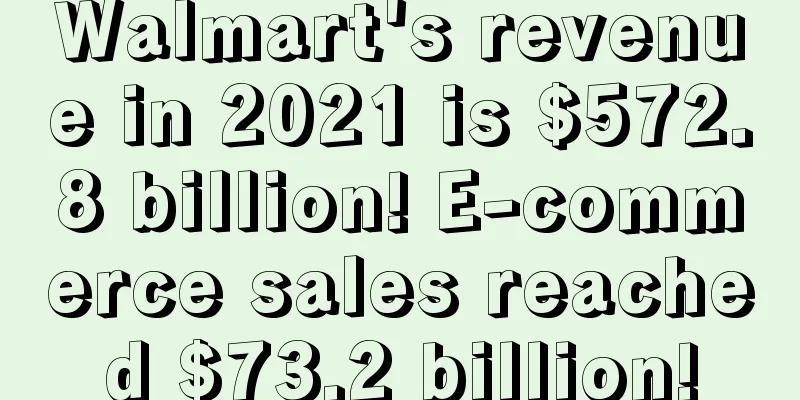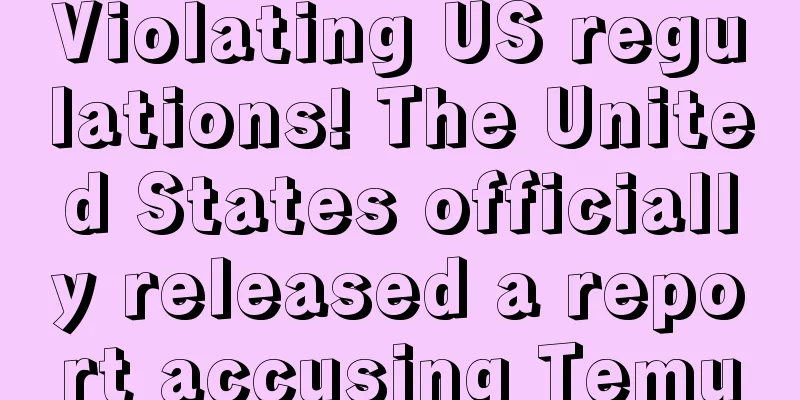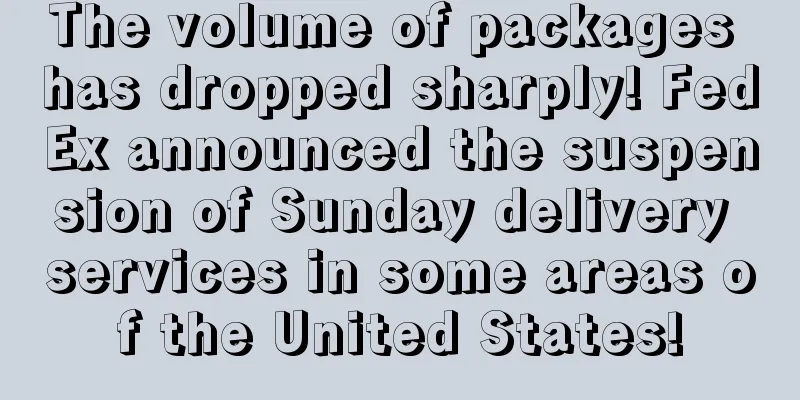It is learned that according to the annual infographic released by the US cloud software company Domo, Amazon generates approximately US$955,517 in revenue every minute, with a market value of US$1,870 billion, surpassing technology giants such as Apple and Google to top the list.
Strong revenue-generating capabilities have also become an important pillar of Amazon's dominance in the e-commerce landscape. However, for a long time, while major e-commerce platforms and independent sites have been trying to pry its throne, antitrust agencies in various countries have also continued to exert pressure. Not long ago, Amazon faced a sky-high fine of 38.6 billion euros for being involved in two EU antitrust investigations. However, the mediation has not yet been successful. Recently, Amazon was exposed to be involved in antitrust collusion with Apple. Cross-border navigation , suspected of joint monopoly! Amazon and Apple were fined $225 million! #Amazon##Cross-border headlines#Cross-border e-commerce video account ▲ Video account focuses on cross-border navigation Amazon fined $77 million for suspected antitrust collusion! It is learned that the Italian antitrust agency recently imposed a total fine of US$225 million on Amazon and Apple for suspected anti-competitive cooperation. The agency said that the two companies had signed a restrictive agreement in 2018, which prohibited all legal dealers of genuine Apple and Beats products from selling on Amazon, and only allowed Apple-authorized retailers to sell on Amazon Italy. In other words, the "non-privileged class" who did not obtain official sales permission did not have the right to operate on Amazon. The Italian Antitrust Authority believes that the agreement between Amazon and Apple stifles unauthorized dealers, creates significant barriers for unofficial dealers to enter the online sales market, and reduces the online supply of Apple and Beats products. This violates the Treaty on the Functioning of the European Union and creates unfair pricing competition in the market. As a result, the Italian Antitrust Authority fined Amazon and Apple $77 million and $151 million respectively, and ordered the two companies to terminate restrictive agreements and open Amazon's operating rights to dealers in a "non-discriminatory manner." The ruling also sparked strong opposition from Amazon and Apple, with Amazon saying the fine proposed by the Italian authorities was "disproportionate and unreasonable." As the saying goes, "a tall tree attracts the wind." While occupying the market, technology giants led by Amazon are also attracting more scrutiny . Antitrust allegations such as price pressure, favoritism for self-operated products, and copying competing products from third-party sellers have also emerged one after another. Previously, Amazon had warned sellers and sought assistance that antitrust laws might force changes in the platform's business model and even affect merchants' normal sales, which seemed to indicate that the company was using sellers as bargaining tools. For sellers, what is more worrying is that after Amazon failed in its fight against antitrust, it turned to taking it out on sellers and stepped up its audit and crackdown measures. However, this concern is not without reason. With the upcoming big promotion, Amazon's suppression of accounts has indeed been escalating. Off-site promotion accounts have not been stopped, and cross-site associations have arisen again. Under this strict violation review mechanism, malicious attacks on competitors seem to have become easier. The seller destroyed the link for 300 yuan and hit the unscrupulous service provider! Recently, the best sellers in multiple categories of Amazon US site have been spoofed , and many sellers have criticized their peers for their vicious competition. However, a few sellers suspect that the service providers specializing in complaints are secretly playing tricks. Of course, this statement is purely speculation by the seller, but there have been recent incidents of service providers charging fees to help attack rival listings. It is learned that a few days ago, some sellers posted on the forum to complain about the chaos in the industry, and some service providers took over the business of destroying the product links of competitors on the occasion of Black Friday and Cyber Monday. "Leave the dog to your most admired opponent, and wish him a happy and exciting Black Friday and Cyber Monday." "First-hand dog orders, free dog meat on Black Friday." "Your Black Friday online one dog has been recharged to your account, please check it." ▲ The picture comes from Zhiwubuyan It is reported that the service provider turned three links into non-working ones overnight, and this is just the tip of the iceberg of the chaos during the peak season. The hard work put in by the teams behind these links can be destroyed in an instant with just 300 yuan . ▲ The picture comes from the seller communication group It is easy to destroy a link, but it is difficult to restore it. Take the association appeal as an example. The price quoted by the service provider to unblock the associated account ranges from tens of thousands to thousands, but the success rate is not high. Many sellers invested tens of thousands of yuan but still failed to appeal. ▲ The picture comes from the seller communication group Whether it is the sellers who pay to spoof their peers or the service providers who take money to do things, they should be strongly condemned. However, tracing back to the source, it is because there are loopholes in Amazon's platform mechanism that these people have the opportunity to take advantage of.
|










